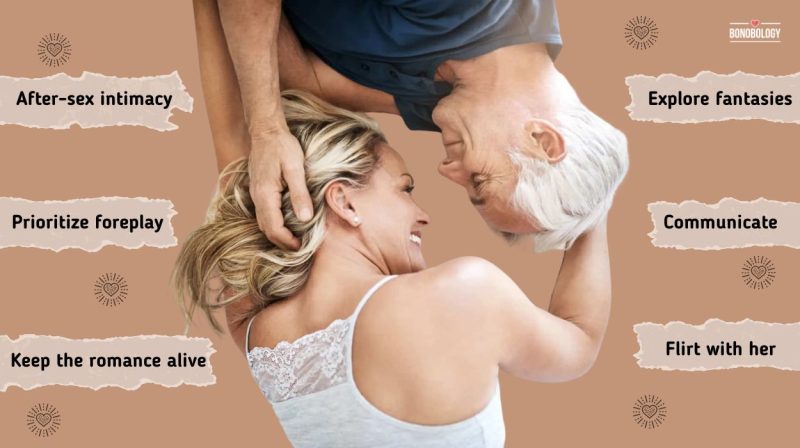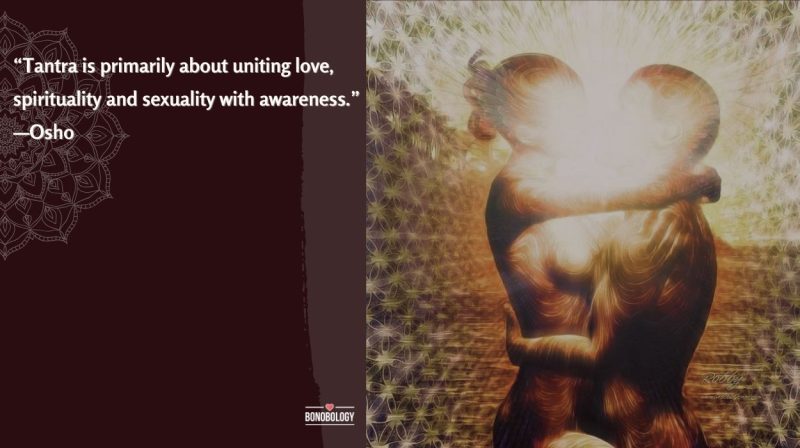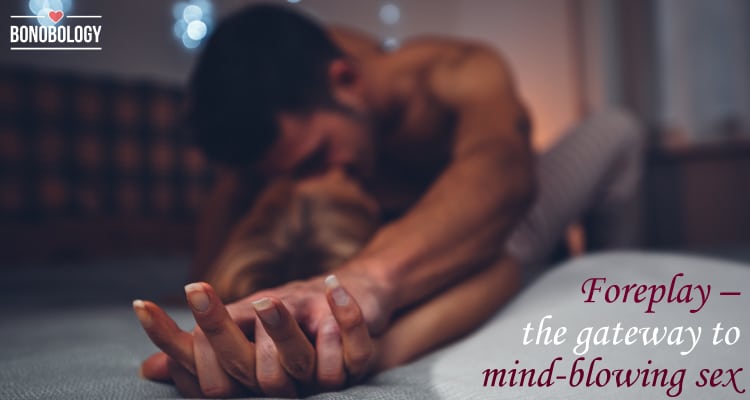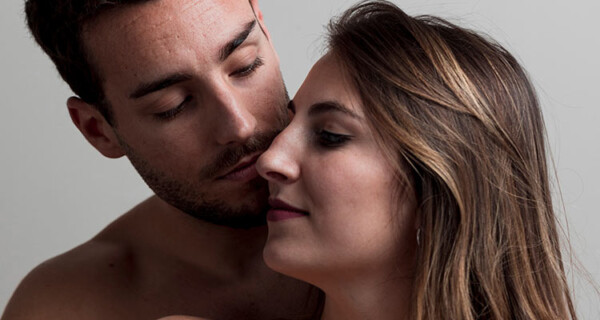What about sex when you grow older
Table of Contents
A is in her 50s and celebrated her 25th wedding anniversary last year and when in one of her moods speaks fondly of her great libido days. Though she finds that they have ‘calmed down, down there’ she says with a wink! “Once a month is all I can take without killing him or dozing off while in the act!” she said with a deep sigh! “And God forbid, if my hand touches his, even accidentally while watching TV, he thinks I am ready, and it’s his lucky day! My part of the bed has this invisible electric fencing, you know!” she chuckled. My other 50-something friends nodded their heads passionately (no pun intended) in agreement.
Related reading: Why lust is extraordinary to understand love
Too late for touch?

R, who just turned 50 this year, said, “Coming from where my hubby does, of course, there is no public display of affection at home even though it has been five years since my mother-in-law too passed away. But once, I grabbed his bum while we were walking up the stairs and mind you with no intention of sex (this friend is though a wee bit more charged than her hubby in that department), he scolded me for being teenager-ish.
No holding hands, no random peck on cheeks, no shoulder rubs. Well, I need human touch and if not him then maybe it’s time to look elsewhere.” She then gave a sad look at her sinking breasts and said, “Yeah guys, I know, not happening, no support you see!” We all broke into laughter.

This conversation got me thinking. Thinking about how touch is disappearing from our lives. I grew up in a joint family with aunts, uncles, cousins, with pranams, hugs, kisses on the forehead and shoulder-to-shoulder movie viewing sessions. And I remember three of us sisters, cooped up in the same bed as we read to sleep. Human touch was never a problem. But I’m now in a nuclear setup with my girls studying in different cities. That leaves the two of us and a marriage that’s going to hit its 25th year! Yes, you know where I am going with this…
Touch is crucial in a relationship
I remember the Bengali blockbuster Bela Sheshe. In it, the protagonist files for a divorce from his wife of 49 years! The judge, astounded at this unusual request, orders them to spend some days together and see if they can sort things out.
And then the judge asks the octogenarian couple, “When was the last time you touched each other – just a human touch?”

Aarti, the wife, later tells her husband that she would sniff his towel to feel close to him. Keats said, “Touch has a memory.”
When digital overtakes the physical
In this tech era, social media seems to us the most convenient tool to convey our affection. Hearts, throbbing ones, hearts for eyes, broken hearts, teary eyes to express empathy, those forwards on love and romance, those gifs, videos. We program our calendars to remember special occasions, use services to order online to surprise our loved ones with flowers, gifts, chocolates to show how much we care but do we touch them every day? Not the accidental brush when we pass the breakfast plate or when we try and squeeze through the narrow door or while we reach for the remote control together. I’m talking about hugs, even if short ones that convey affection and love and care.

Do we entwine our fingers in our significant others’, rest our heads on their shoulders, ruffle their hair, give them a foot rub, get a shoulder massage, sleep spooned? Think of the last time you hugged without a plan.
Touch releases oxytocin, the bliss hormone. Oxytocin acts like a psychological buffer, it naturally enhances a sense of optimism, trust, mastery and self-esteem!
Touch conveys emotions
The happiness hormone serotonin flows when we feel significant or important. Do you remember coming home from a bad day at work where you probably lost a contract, or perhaps your project idea was shot down? Your partner hugs you and reminds you how good you are! That’s a shot of serotonin that you got right there.
A recent study shows that we can identify other people’s underlying emotions based on how they touch us, even when they are separated from us by a curtain. Touch, according to psychologist Miriam Akhtar, activates the orbitofrontal cortex in the brain, which is linked to feelings of reward and empathy, making us more optimistic and less cynical or suspicious of others.

Touch lowers blood pressure and cortisol. We have specialised nerve endings called C-tactile fibres that produce a feeling of calmness and well-being when stroked slowly and gently. These C-tactile fibres are found over the arms, legs, back, and forehead, and explain why it can be so soothing to be touched in this way.
Touch is the language of love, and it doesn’t require skill, or articulation or even convincing. It is a means and an end in itself. How many things are?
Touch can be a small everyday pleasure, such as those enumerated by Divya Nair Hinge. A kind word, a gentle smile or a warm hug can make a big difference. Sometimes it can even change lives as it did for the man in the video below:
[penci_video url=”https://www.youtube.com/watch?v=qv-OSyQkPXM?ecver=2″ align=”center” width=”100%” /]
Your contribution does not constitute a charitable donation. It will allow Bonobology to continue bringing you new and up-to-date information in our pursuit of helping anyone in the world to learn how to do anything.























Wonderful article, touch creates close bonding and sometimes initiate the building of relationships.
We are glad you like our articles. Thank you for your kind words.